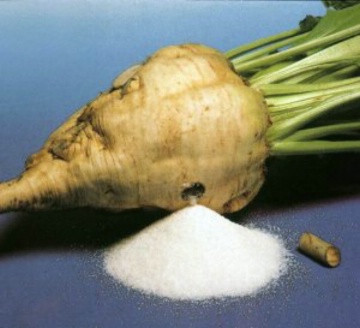More hydrogen break-throughs
Sugar-powered cars could be the sweet solution to traffic pollution, say
scientists... as they find a way to create hydrogen from the plant
Researchers have found a way to generate hydrogen directly from plant
sugar. They expect the breakthrough to provide a cheap and efficient source
of green transport fuel.
In future, motorists could be stopping at grocery stores instead of
petrol stations to fill up on packets of solid starch or cellulose, say the
scientists. |
The new process involves combining plant sugars, water, and a cocktail of
powerful enzymes - biological catalysts - to produce hydrogen and carbon
dioxide.
It overcomes three major hurdles standing in the way of replacing fossil fuels
with hydrogen, according to the researchers.
Biochemical engineer Dr Percival Zhang, who leads the development team at
Virginia Polytechnic Institute and State University in Blacksburg, US, said:
"This is revolutionary work. This has opened up a whole new direction in
hydrogen research. With technology improvement, sugar-powered vehicles could
come true eventually."
Current biofuels consist of ethanol made by fermenting plant material and
combustible plant oils. They are burned in traditional internal combustion
engines as alternatives to petrol and diesel.
Plant-derived hydrogen, on the other hand, could provide a more environmentally
friendly fuel cell power source.
The scientists, who described their research today at the annual meeting of the
American Chemical Society in New Orleans, are now working to make the process
faster and more efficient. At present the amount of hydrogen produced is still
too low for commercial applications.
A sugar-fuelled car would be inherently safe because its hydrogen is used
immediately, said Dr Zhang. He added that it would also be cheaper and cleaner
to run than even the most efficient petrol-driven car.
